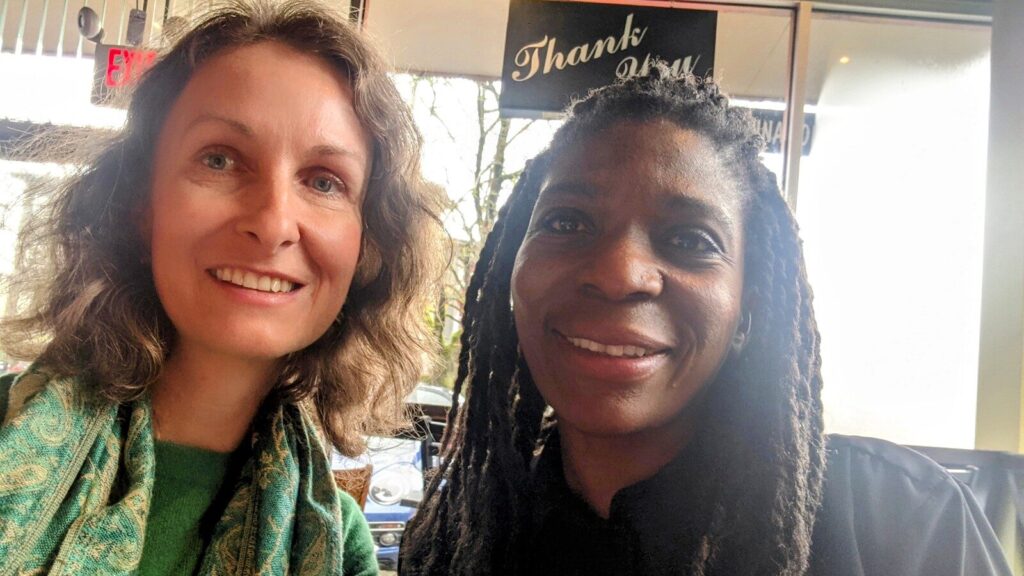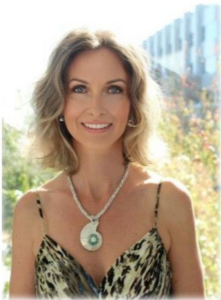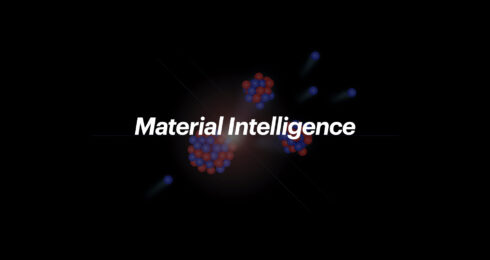Mentorship programs at the Stewart Blusson Quantum Matter Institute (Blusson QMI) provide students and postdoctoral fellows opportunities for networking, career planning, and growth. Over the past four years, the Blusson QMI Graduate Student and Postdoctoral Fellow Mentoring Program, designed and led by Natalia Bussard, has connected 32 students and postdocs with 32 mentors.
“The intention of the program is to create a bridge connecting students’ research knowledge and expectations with the realities of a career in industry, academia or entrepreneurship,” said Bussard, Manager, Programs and Careers. “Mentoring goes both ways: mentors can provide a platform to share their insights, as well as inspire and motivate students on their career journeys; mentees offer a fresh perspective, including connection with laboratories, current research and the latest publications.”
“Our goal is to equip mentees with the right knowledge to start a career in their desired field and be able to determine tools they need to get there,” said Bussard.
Forming mutually beneficial mentor-mentee pairings
To ensure the program achieves its goals, Bussard works to form mutually beneficial mentor-mentee pairings. Mentees are graduate students and postdoctoral fellows in the areas of physics, engineering, and chemistry, and mentors come from a variety of backgrounds.
“Matching mentors and mentees is about establishing a strong backbone, which then carries everything else that follows,” said Bussard. To create strong pairings, she listens to a mentee and discovers their particular goals, discusses potential career-related areas of interest, and companies that a student or a postdoctoral fellow is interested in. She also assists with interview preparation, arranging the interview, and supports students as they initiate the mentorship relationship.
”Mentees express their wish for the type of mentor they’d like to work with; it can be a particular person, a specific field of work (for example data science, coding, solar panels, research and development in a particular field, etc.), or a specific position (such as data scientist, research associate, assistant professor, etc.) or a specific company (Microsoft, D-Wave, Heliene, etc.),” said Bussard. “Mentees can also ask for certain qualities in a mentor, such as someone who could help them expand their understanding of their target industry or academic career.”
For each individual, Bussard offers a choice of two or three mentors, from which a mentee chooses their ideal pairing.

Pictured, left to right: Natalia Bussard and Olivia New. Image supplied by Natalia Bussard.
Making the mentor-mentee relationship work
In order to establish a business-like relationship, mentees are expected to contact their mentors at least once per month to request a meeting; these meetings can take place in person, via Zoom or via phone, according to the pair’s preferences. In 2020 and 2021, mentors and mentees participated in their first meeting via Zoom to introduce the program, set the expectations, share mentor/mentee resources and provide a space for mentors and mentees to meet each other for the first time. At the moment, mentors and mentees are half-way through the program.
Mona Berciu, Professor in UBC’s Department of Physics and Astronomy, has praised the mentoring program.
“I wish a program like this existed when I was a student as it can provide valuable ways of preparing for a future career and an opportunity to talk to those who already “walk the talk” in academia, industry or entrepreneurship,” said Berciu.
Andreas Pfenning, a postdoctoral fellow working on the Silicon Quantum Leap project with Lukas Chrostowski (Professor, Department of Electrical and Computer Engineering) and Jeff Young (Professor, Department of Physics and Astronomy), was matched with Gordon Harling, the CEO of CMC Microsystems.
“Gordon is a great mentor. My personal highlight was to meet him in person during his visit to Vancouver in September,” said Pfenning, who was able to help Harling resolve a scientific problem that CMC Microsystems was facing. In addition to talks about science and career development, Pfenning and Harling have discussed a range of topics, from where in the world to go after Pfenning finishes his postdoctoral studies, to the pros and cons of working in industry versus remaining in academia.
Olivia New, who leads the outreach organization STEM Aces, has been mentoring two postdoctoral fellows, and has reiterated that mentoring goes both ways.
“As much as I give to my mentees, I am certainly gaining insight from their experiences, as well as their connections to the lab environment and current research,” said New. “Mentoring goes back and forth. It is reimagining the input from a mentee, facilitation, collaboration, community building, and it’s never-ending.”
Most mentors agree that a mentoring relationship is about much more than tapping into contact networks that could lead to future employment. It is sometimes about managing expectations or encouraging a mentee in beyond their current goals. A mentor can act as a guide to mentees seeking network contacts.
“The best advice I can offer mentees is to research new contacts and approach them respectfully, with sensitivity and genuine interest,” said Bussard. “By connecting meaningfully with mentors, mentees have an opportunity to spark a mutually beneficial relationship that could last long-term.”
For more information on mentorship opportunities for students and postdocs at Blusson QMI, or to become a mentor to Blusson QMI students or postdocs, email Natalia Bussard, Manager, Programs and Careers, at natalia.bussard@ubc.ca.
Article contributed by Natalia Bussard.
About Natalia Bussard
 Prior to starting her role in educational programming and career development as the Manager, Program and Careers at the Stewart Blusson Quantum Matter Institute, Bussard worked in the education sector, international student recruitment, executive search, HR, and career development and focused on developing international and local partnerships with universities in Asia, Europe, Mexico, South America, and Canada. She is one of the founding members of the QMI EDI Committee and supports graduate students and postdocs as well as undergraduate students by building EDI programs. She also leads QMI outreach programs and in collaboration across the university and with external partners, organizes outreach events for science students in the K-12 sector.
Prior to starting her role in educational programming and career development as the Manager, Program and Careers at the Stewart Blusson Quantum Matter Institute, Bussard worked in the education sector, international student recruitment, executive search, HR, and career development and focused on developing international and local partnerships with universities in Asia, Europe, Mexico, South America, and Canada. She is one of the founding members of the QMI EDI Committee and supports graduate students and postdocs as well as undergraduate students by building EDI programs. She also leads QMI outreach programs and in collaboration across the university and with external partners, organizes outreach events for science students in the K-12 sector.
Bussard knows the journey of a graduate student from her personal experience, as she is currently a doctoral candidate in the Educational Leadership and Policy program (EdD) at the Faculty of Education at The University of British Columbia, researching multilingualism and its influence on relationships.
She is passionate about multilingualism and enjoys using Spanish, Russian, French, Czech and Slovak whenever she meets people who speak these languages.


